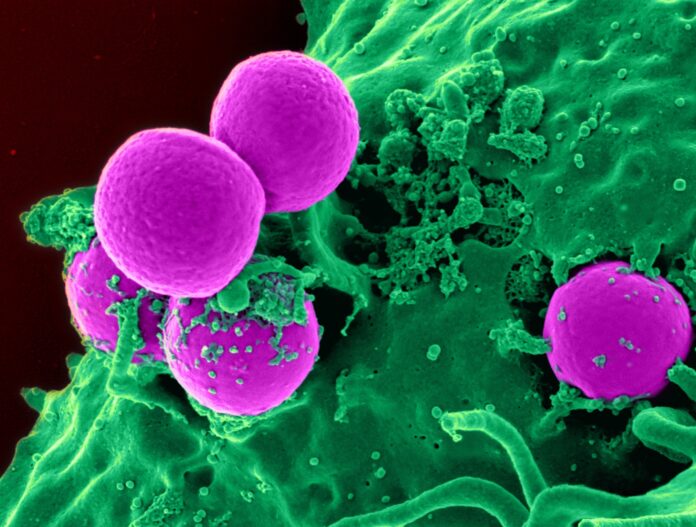Colorectal cancer (CRC) remains a formidable global health challenge, claiming countless lives each year. However, a ray of hope has emerged from the intricate world of our gut microbiome. Recent research has unveiled a fascinating connection between microbial metabolites known as short chain fatty acids (SCFAs) and the immune response against CRC.
A study led by Dr. Kristi Baker — an associate professor in the Departments of Oncology and Medical Microbiology & Immunology at the University of Alberta — has shed light on how SCFAs can supercharge our immune system, particularly our T cells, to combat CRC. The findings were published in Frontiers Immunology.
The human digestive tract is home to a diverse ecosystem of microorganisms, collectively known as the gut microbiota. These microscopic inhabitants play a crucial role in our health, influencing everything from digestion to immunity. Among the many byproducts of their metabolic activities, SCFAs have emerged as key players in regulating our immune system.
SCFAs, such as acetate, butyrate, and propionate, are small molecules produced by gut bacteria as they digest dietary fiber. These compounds have gained attention for their ability to modulate the immune system and exert anti-inflammatory effects. However, their precise role in combating CRC has remained poorly understood.
The study utilized a multidisciplinary approach, combining cell lines, animal models, and patient samples to investigate how SCFA treatment affects CRC cells’ ability to activate T cells — a pivotal component of the immune response against cancer.
Strikingly, CRC cells treated with SCFAs exhibited significantly enhanced activation of T cells compared to untreated cells. This finding suggests that SCFAs have the potential to boost our body’s natural defenses against CRC.
Delving deeper into the mechanism, the researchers discovered that SCFAs induced DNA damage in CRC cells, triggering the upregulation of key genes involved in immune response. In other words, SCFAs caused these genes to become more active and produce higher levels of the proteins necessary for mounting an immune response against CRC cells. This response was further amplified by a positive feedback loop between stimulated CRC cells and activated T cells within the tumour microenvironment.
This research underscores the pivotal role of gut microbiota in our health and highlights the potential of SCFAs as a powerful tool in the fight against CRC. As we continue to unravel the complexities of the microbiome, we inch closer to innovative treatments that harness the body’s own defenses to combat this deadly disease.








































